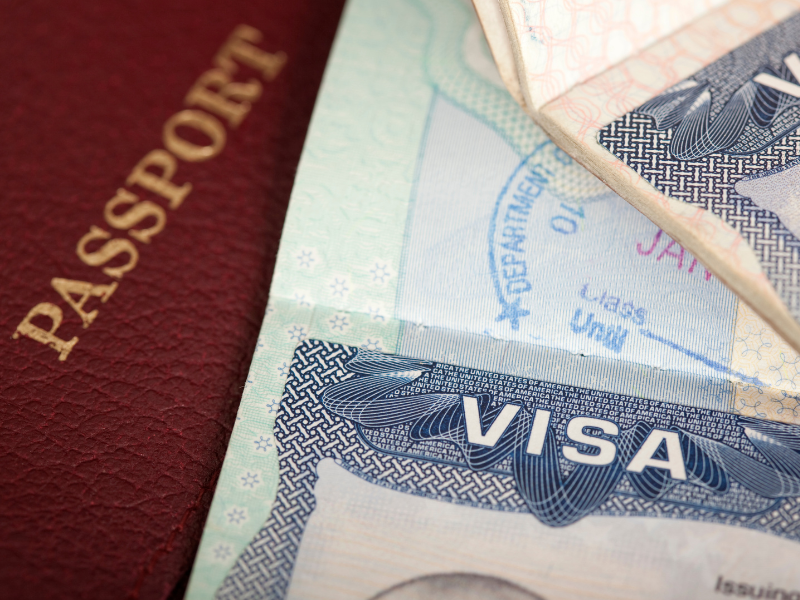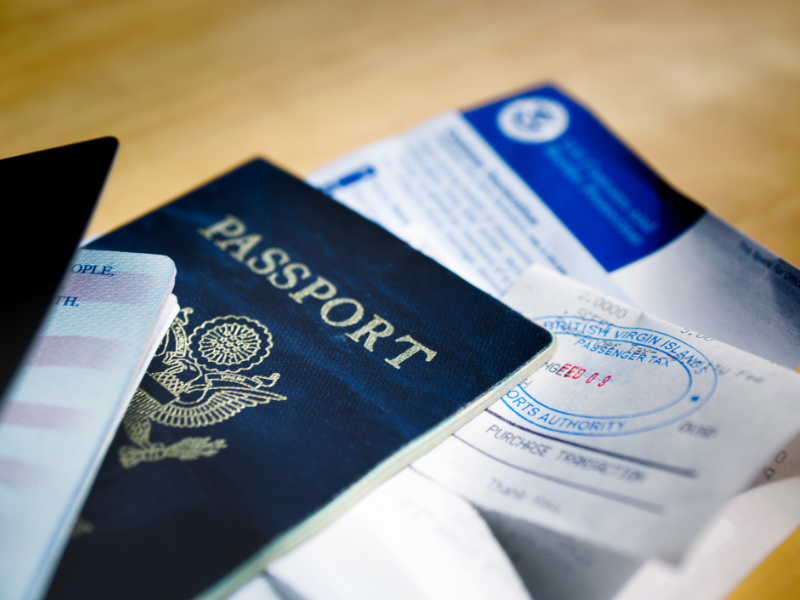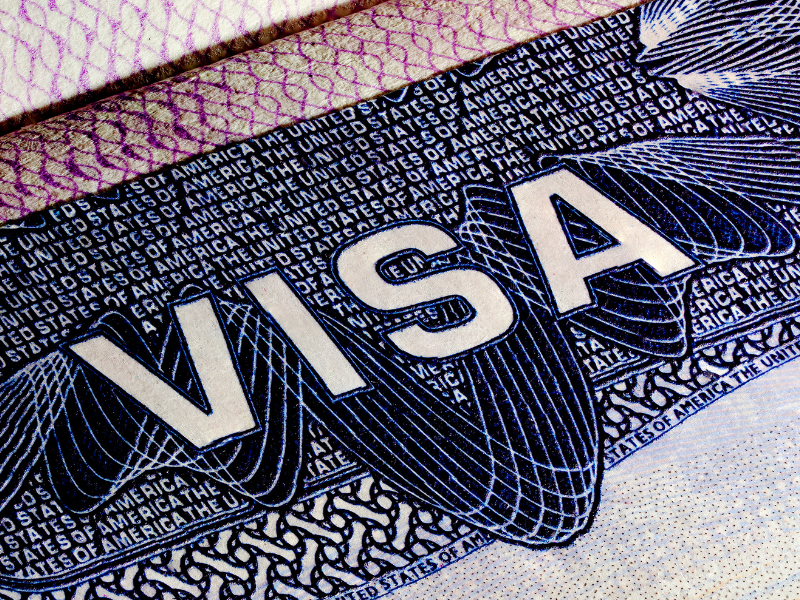
Passports & Visas
Passports
If you're traveling abroad, you must have a valid passport. Apply early, as processing can take weeks or months. If you already have one, check the expiration—many countries require it to be valid for several months beyond your trip. It's your responsibility to meet these requirements.

Visas
You may need a visa to participate in a global program. If so, apply as early as possible. Visa requirements and procedures vary by consulate and depend on your citizenship. It is your responsibility to secure the appropriate visa in a timely manner.

FAQs
How and where do I apply for a passport and passport renewal?
US Citizens: When applying for a passport for the first time, you have to submit your application in person. Everything you need to know about U.S. passports (how to apply, how to expedite a passport application, and how to renew your passport) is on the following website: U.S. Passports and International Travel.
International Students: Please consult directly with your home country passport processing agency for further information on the procedure for renewing a passport.
Where can I find information about visa requirements?
Information on visa requirements for most programs abroad can often be found through the relevant consular website. Please contact your program leader for initial information.
Do I have to go to a consulate or embassy in person to apply for a visa?
Many consulates will require you to appear in person in order to process your visa application. Please consult with the relevant consulate to confirm if you are required to either submit your application or retrieve your visa in person. If you are required to attend an appointment in person, it is imperative that you book a date and time as soon as possible.
What if I can't get a consular appointment in time?
You should book the earliest available appointment. Consular appointments are quite fluid and at the discretion of the consular authority. If you are unable to obtain an appointment that is suitable for your time frame, you may need to check the consular booking system site multiple times to obtain an alternate appointment.
What consulate or embassy should I apply through?
You should apply through the consulate or embassy of the country you are traveling to, located in the region where you legally reside (usually your home state or city). Check the official website of that consulate for specific application instructions, required documents, and appointment availability, as procedures can vary.
How much does applying for a visa cost?
The cost of applying for a visa can vary based on country, citizenship, and visa type. Please consult with the relevant consulate directly for up-to-date information on costs.
What does a student need to do to obtain a visa if they are not a U.S. citizen?
If you are not a U.S. citizen, you must check the visa requirements for your destination country based on your nationality. Here’s what you should do:
- Check visa requirements for your citizenship on the official website of the destination country’s consulate or embassy.
- Confirm your current U.S. immigration status is valid and will remain valid while you are abroad and upon return.
- Gather required documents, which may include your passport, program acceptance letter, proof of financial support, and U.S. visa or residency documentation.
- Apply through the appropriate consulate, usually the one serving your place of residence in the U.S.
- Apply early—ideally 8–12 weeks before departure, as processing times can vary and may be longer for non-U.S. citizens.
Always consult the consulate directly for the most accurate and up-to-date information.
What does an international student need to do to obtain a visa for a global program?
If you are an international student studying in the U.S. on a visa (such as F-1 or J-1), you should:
- Check visa requirements for your destination country based on your citizenship—not your U.S. visa status.
- Ensure your U.S. visa and immigration status will remain valid while you are abroad and when you return.
- Gather required documents, including your passport, program acceptance letter, proof of financial support, and U.S. visa documentation.
- Apply through the consulate of the destination country that serves your U.S. place of residence.
- Apply early—ideally 8–12 weeks before departure, as processing times may be longer for non-U.S. citizens.
Always consult the consulate directly for the most accurate and up-to-date information.
I have a question that wasn't answered here - who can I contact?
Please email travelsafety@rice.edu for assistance.